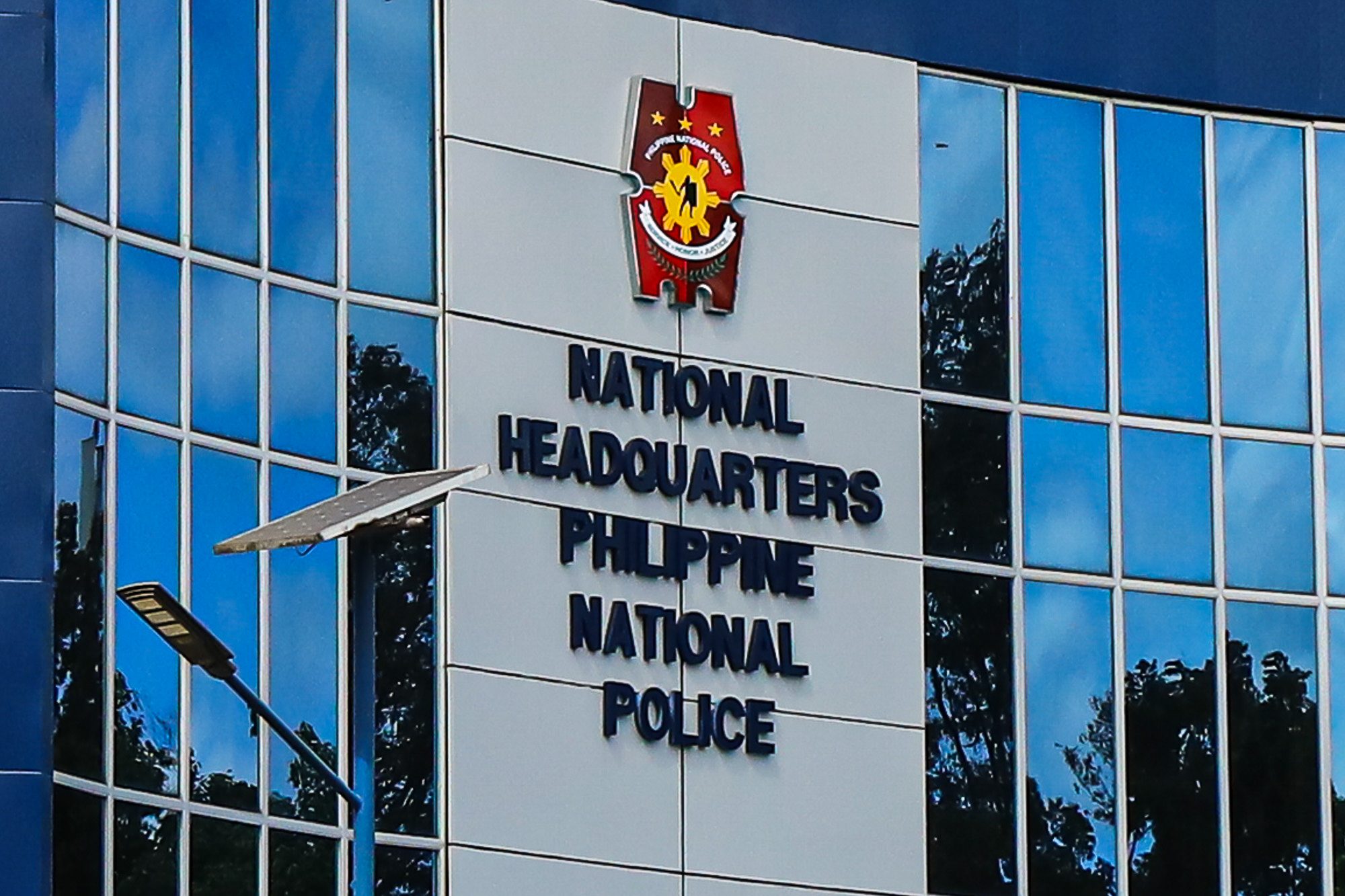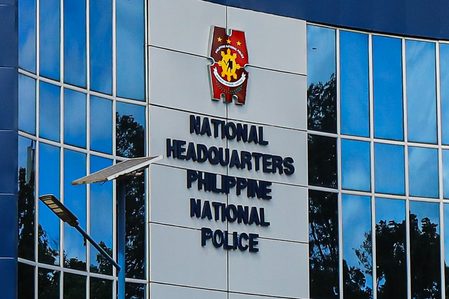SUMMARY
This is AI generated summarization, which may have errors. For context, always refer to the full article.

MANILA, Philippines – A day after his second State of the Nation Address, President Ferdinand Marcos Jr. accepted the resignations of at least three police generals and 15 colonels allegedly tagged in the illegal drug trade.
Malacañang made the announcement on Tuesday, July 25.
Prior to that, incumbent Philippine National Police (PNP) chief Benjamin Acorda Jr. sent a letter to the Chief Executive to update him on the probe into the alleged links of cops to the drug trade. A total of 953 police officers submitted their resignations, but the President accepted the resignation of 18 cops only.
The list includes:
- Police Brigadier General (PBGEN) Remus Balingasa Medina
- PBGEN Randy Quines Peralta
- PBGEN Pablo Gacayan Labra II
- Police Colonel (PCOL) Rogarth Bulalacao Campo
- PCOL Rommel Javier Ochave
- PCOL Rommel Allaga Velasco
- PCOL Robin King Sarmiento
- PCOL Fernando Reyes Ortega
- PCOL Rex Ordoño Derilo
- PCOL Julian Tesorero Olonan
- PCOL Rolando Tapon Portera
- PCOL Lawrence Bonifacio Cajipe
- PCOL Dario Milagrosa Menor
- PCOL Joel Kagayed Tampis
- PCOL Michael Arcillas David
- PCOL Igmedio Belonio Bernaldez
- PCOL Rodolfo Calope Albotra Jr.
- PCOL Marvin Barba Sanchez
What happened before?
The names were revealed months after the government launched the official probe in January this year.
- In a bid to address the proliferation of the PNP’s alleged links to illegal drugs, Department of the Interior and Local Government (DILG) Secretary Benhur Abalos asked full police generals and colonels to file courtesy resignations.
- Abalos announced in January that they would create a five-man committee that will review the records of all police officers who filed resignations. The resignation of those with proven links to the illegal drug trade will be accepted.
- The DILG chief described their program as a “short cut” to addressing the illegal drug trade within the police, citing the long process of sanctioning erring cops.
- Later, the names of the five-man independent body were released. It included retired PNP general and current Baguio Mayor Benjamin Magalong, then-PNP chief General Rodolfo Azurin, Defense chief Gilbert Teodoro, and Office of the Presidential Adviser on Military Affairs Undersecretary for Police Affairs Isagani Nerez.
- The call for resignations was an offshoot of the case of former PNP Drug Enforcement Group cop Rodolfo Mayo Jr., who was arrested in 2022 over one ton of shabu. The Mayo case, also dubbed the P6.7-billion shabu mess, led to the relief of police generals from their posts and the filing of criminal and administrative complaints against 50 police officers.
Confusion
The process of submitting courtesy resignations appeared to be simple, but there was a big confusion over the sanctions against resigned cops. Up to this point, no clear punishments for those who resigned have been spelled out.
- Back in January, then-PNP chief Azurin said the five-man committee would recommend the sanctions, and among possible options was early retirement. This meant that those who would avail of early retirement could still receive their full benefits and pensions because they were not dismissed from service.
- Then the recent announcement from Malacañang came, which said that the resigned cops will be relieved only from their current posts and placed under the Personnel Holding and Accounting Unit of the Directorate for Personnel and Records Management. This means the cops will be put on “floating” status, but still receive compensation.
- The Malacañang release did not specify whether or not the resigned police were also dismissed from the service.
- In an ambush interview on July 25, Abalos said they have yet to clarify whether (1) the police were only resigned from their posts or, (2) already separated from the service. Abalos then said they will receive official communication that contains specific details about the decision.
- Even the PNP was unsure on whether or not to remove the resigned cops. Current PNP chief Acorda, in a press briefing on Thursday, said they will request a meeting with Executive Secretary Lucas Bersamin to clarify this concern. The PNP chief added they will also request for a copy of the President’s order to see what it says exactly.
- Meanwhile, PNP spokesperson Police Colonel Jean Fajardo also said on Thursday that 13 of the 18 resigned cops would retain their positions, while the remaining five will be put on floating status. Many of the resigned police will continue holding their positions pending clarification from Malacañang. This was contrary to Malacañang’s earlier announcement that all the police officers will be relieved from their posts.
Why this matters
As one of the primary government arms leading the fight against the illegal drug trade, obviously, the PNP needed this internal cleansing program in relation to illegal drugs.

- Former president Rodrigo Duterte launched his bloody war on drugs that killed around 27,000 people, according to estimates by human rights groups. The PNP was on the top of this program, which started when Duterte took office in 2016, and it still continues under the current administration.
- The string of controversies linking the PNP to illegal drugs also shows that the drug trade has not stopped, despite the supposed “war” on drugs. – Rappler.com
Add a comment
How does this make you feel?



![[Rappler’s Best] No hell below us](https://www.rappler.com/tachyon/2024/05/No-hell-below-us.jpg?resize=257%2C257&crop=293px%2C0px%2C720px%2C720px)


There are no comments yet. Add your comment to start the conversation.